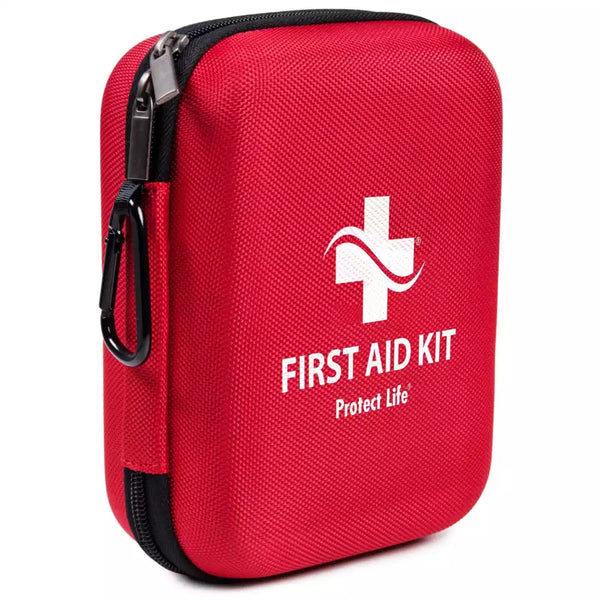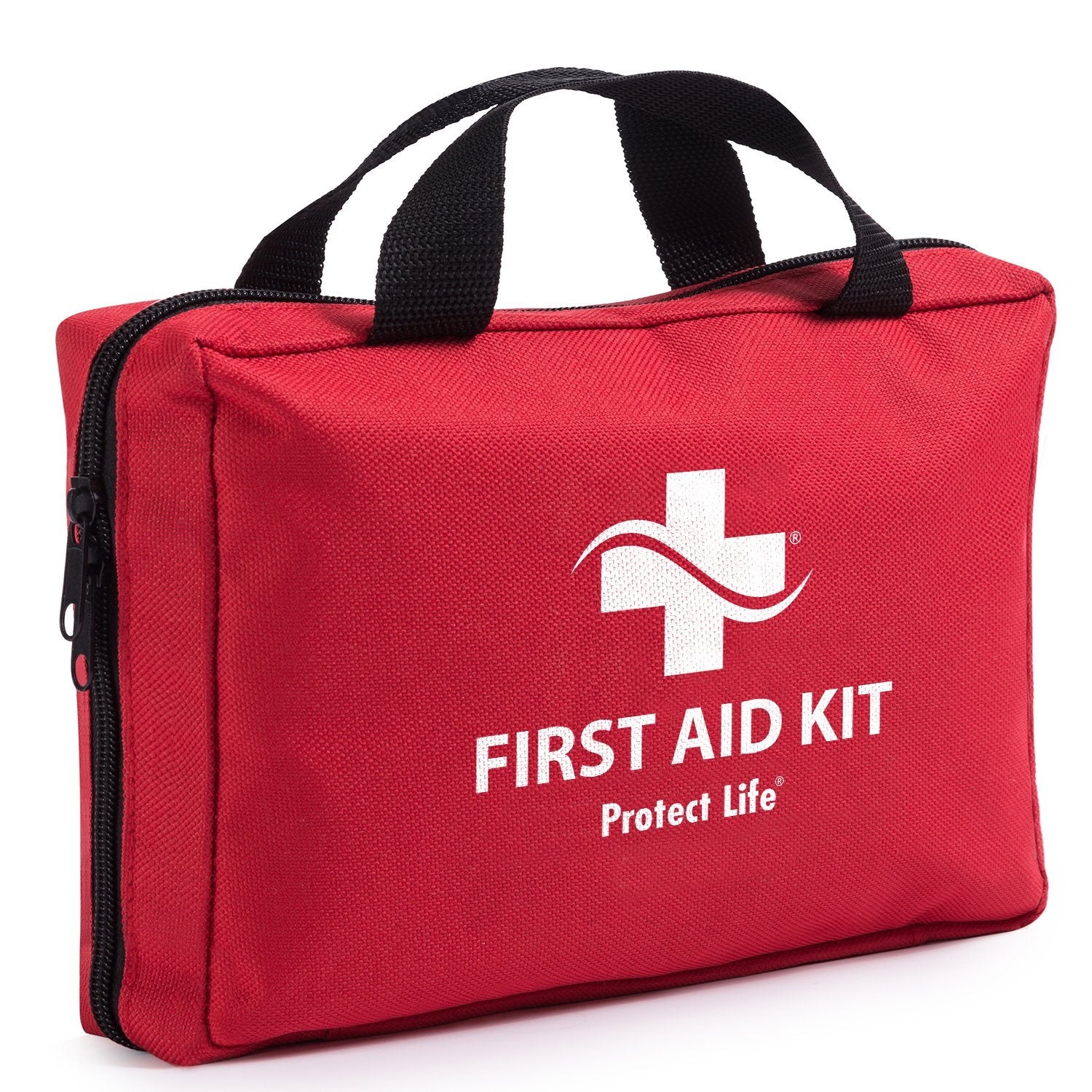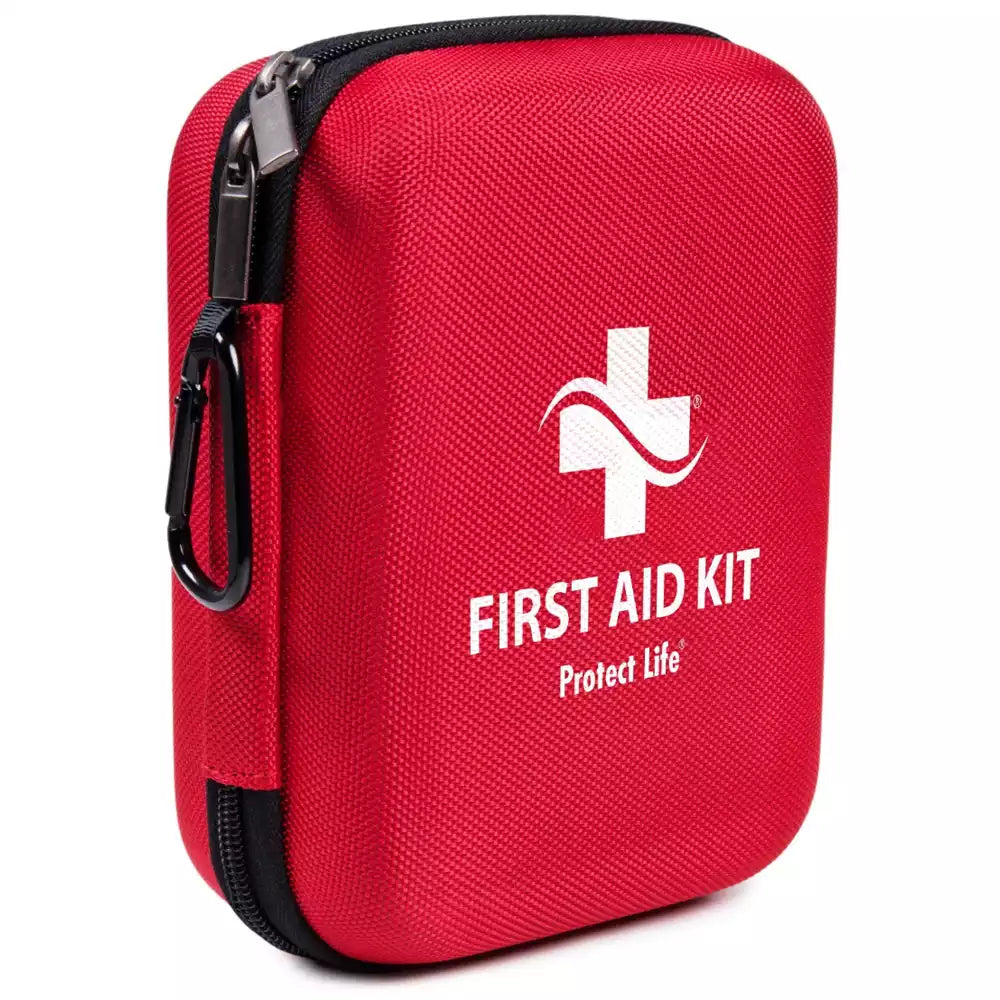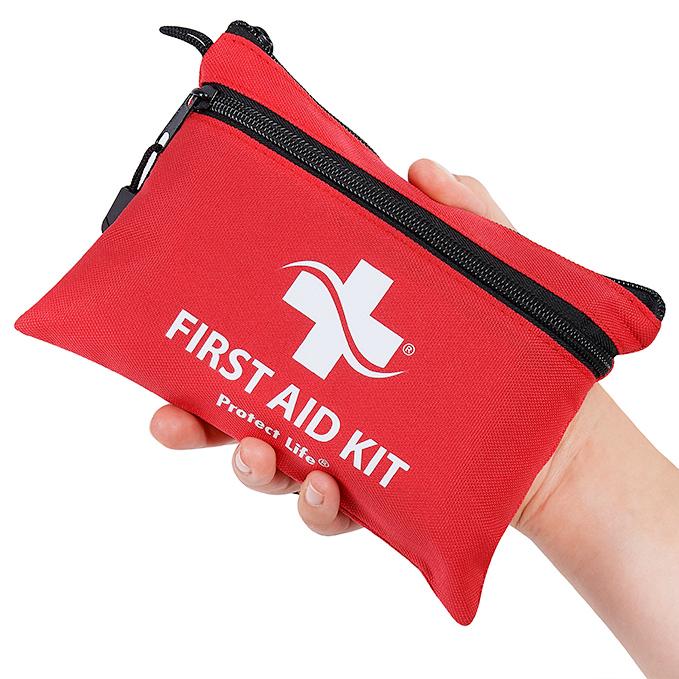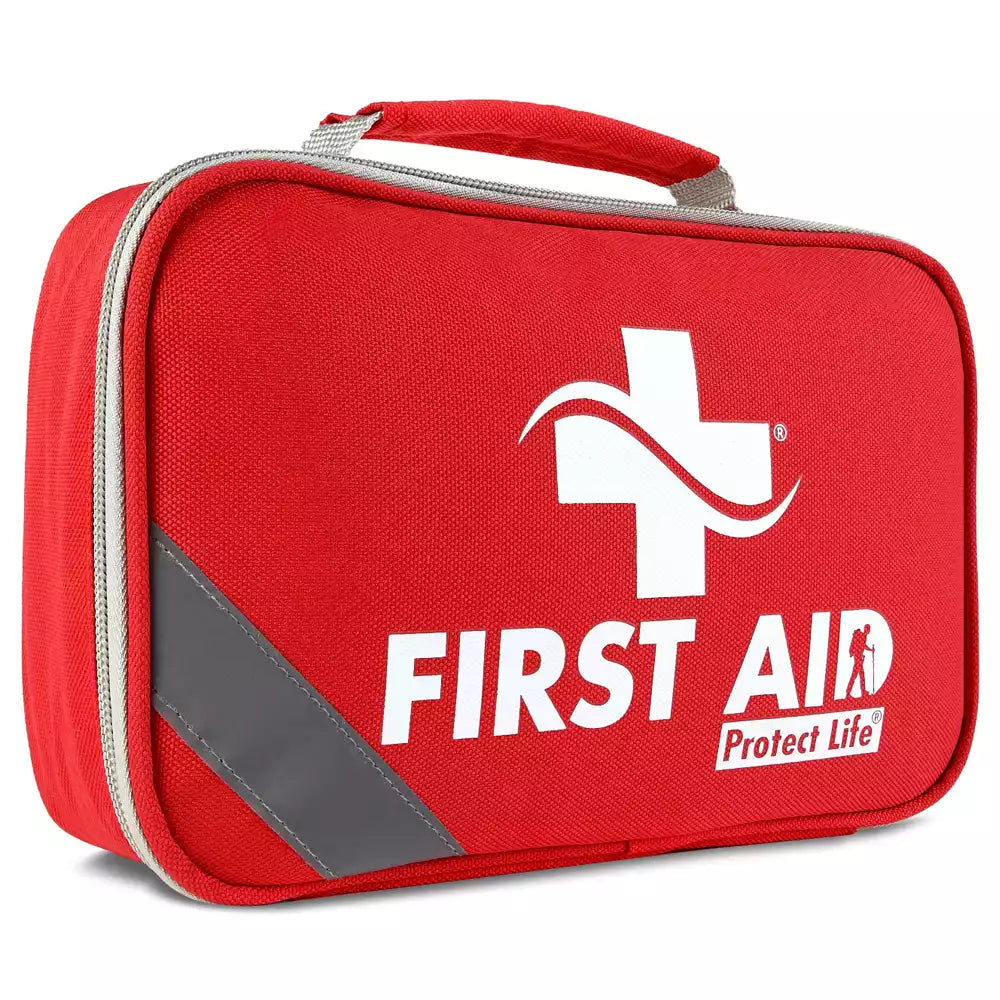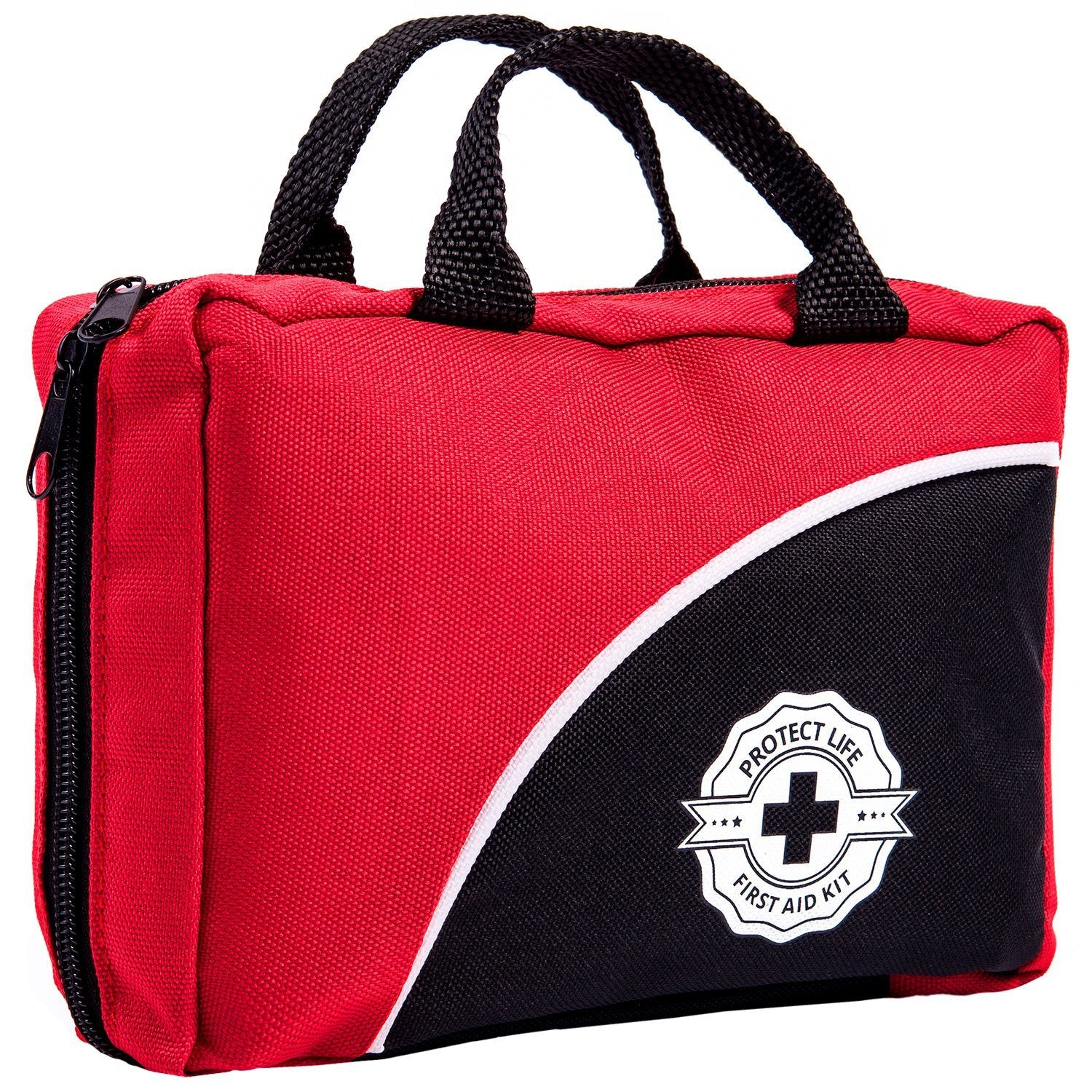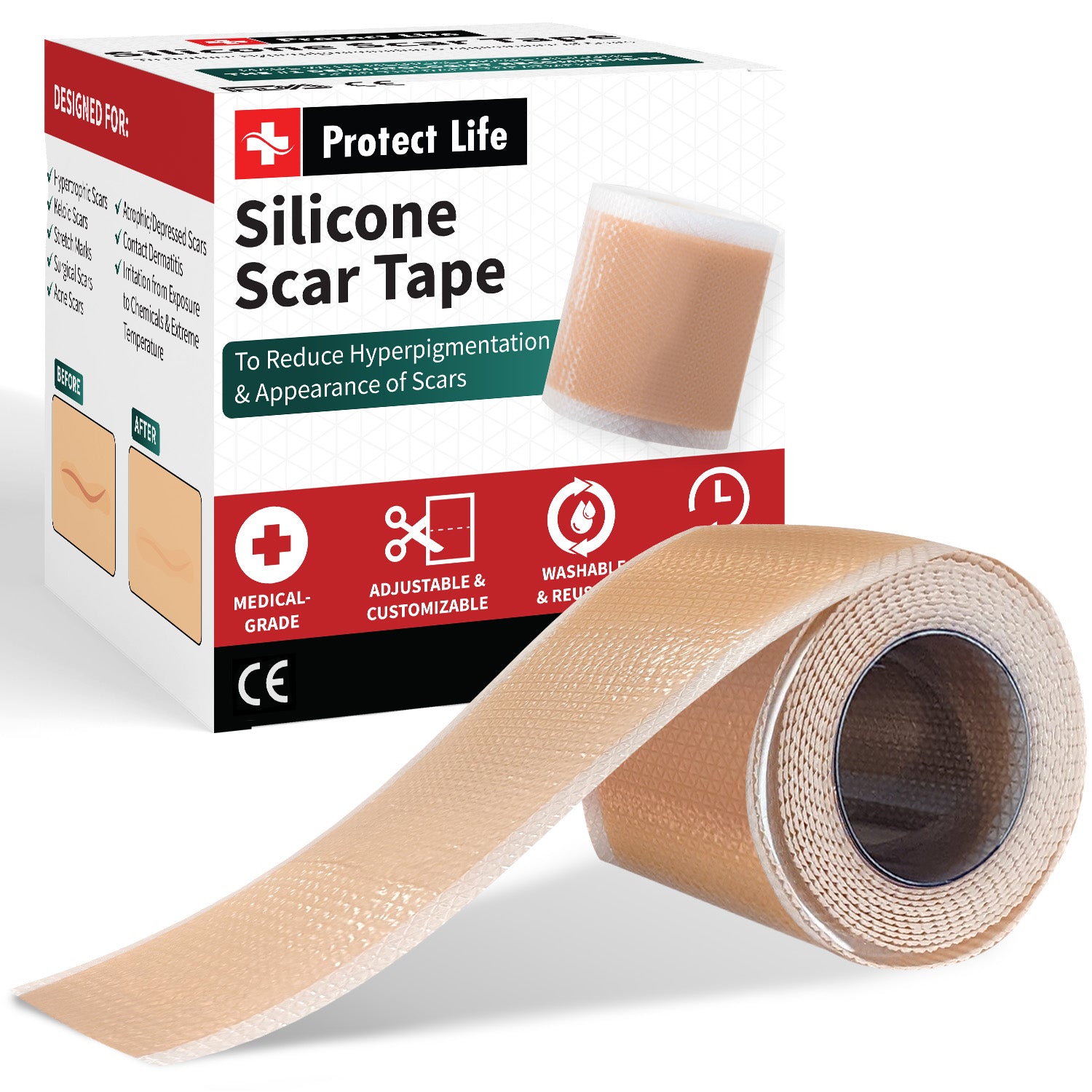Life is unpredictable, and emergencies can happen at any time.
They can range from natural disasters such as earthquakes, hurricanes, and floods, to unexpected events such as fires, power outages, and accidents. Being prepared for emergencies is crucial, and having a solid emergency plan in place can make all the difference in the outcome of a crisis.

Emergency planning can seem daunting, but it doesn't have to be. By taking the time to create a plan, you can help protect yourself, your loved ones, and your property. So, are you ready for anything? Here are some tips to help you get started.
- Assess Your Risks
The first step in emergency planning is to assess your risks. Identify the types of emergencies that are most likely to occur in your area. For example, if you live in a region that is prone to hurricanes, make sure you have a plan for evacuating and securing your home. If you live in an area with a high risk of wildfires, make sure you have a plan for quickly evacuating and protecting your property.
- Having a First Aid Kit Onhand
In case of an emergency, having a well-stocked emergency kit can be a lifesaver. Your emergency kit should include items such as first aid supplies, non-perishable food, water, and important documents such as identification, insurance papers, and a copy of your emergency plan.

- Develop an Emergency Plan
Your emergency plan should include detailed instructions on what to do in different types of emergencies. It should include evacuation routes, meeting places, and contact information for family members and emergency services. Make sure everyone in your household is aware of the plan and knows what to do in case of an emergency.
- Stay Informed
Keeping up-to-date on local news and weather alerts can help you stay informed about potential emergencies in your area. Sign up for emergency alerts from your local government and stay tuned to local news sources for the latest updates.
- Practice Your Plan
Once you have developed an emergency plan, it's important to practice it regularly. Conduct drills with your family members to make sure everyone knows what to do in an emergency. This will help ensure that your plan is effective and that everyone is prepared.
In conclusion, emergency planning is essential for everyone. By taking the time to assess your risks, create an emergency kit, develop a plan, stay informed, and practice your plan, you can help protect yourself and your loved ones in case of an emergency.
So, are you ready for anything? Start planning today.

